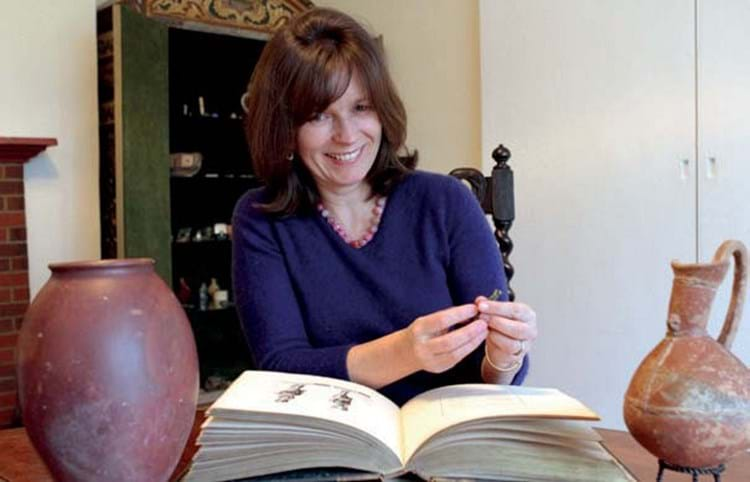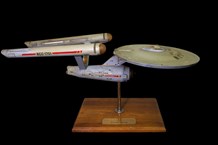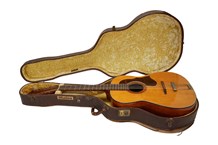
We must work to ensure this attitude does not take hold this side of the Atlantic.
We were invited to the workshop in Brussels on protecting Iraqi cultural heritage and fighting terrorism, tasked with providing solutions, while not being furnished with all the facts. Matthew Bogdanos of the New York DA’s office spoke emotively.
The best way to keep the market clean is to have a good relationship between the trade, museums and academics as well as law enforcement and government.
Very few law-makers have any real understanding of how the art and antiquities market works, while those within the art market often lack awareness of how different sectors within their own market operate.
For the purposes of the law, antiquities covers ancient art from all over the globe, not just the narrower field my organisation represents.
I proposed that national forums be created – composed of key members of the trade, particularly from those disciplines most affected by provenance issues, along with academics, museums, law enforcement and government.
Initially, building a better understanding of how the trade works. Then addressing the problem of ‘orphan’ antiquities: objects without sufficient documentation for them to be sold on the current market.
In Brussels, I asked the delegates present how many of them had proof of ownership or invoices for their possessions. Practices are changing but it was not so long ago that most people didn’t think to note provenance or to keep paperwork.
The art market is a part of our European cultural narrative. We should be more active and, dare I say it, passionate, about promoting how much our industry has contributed to our European cultural story.
Joanna van der Lande
Chairman
Antiquities Dealers’ Association













